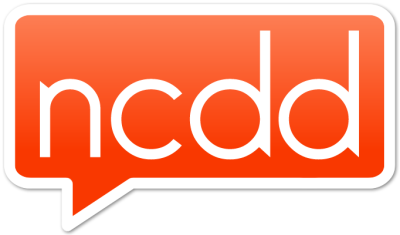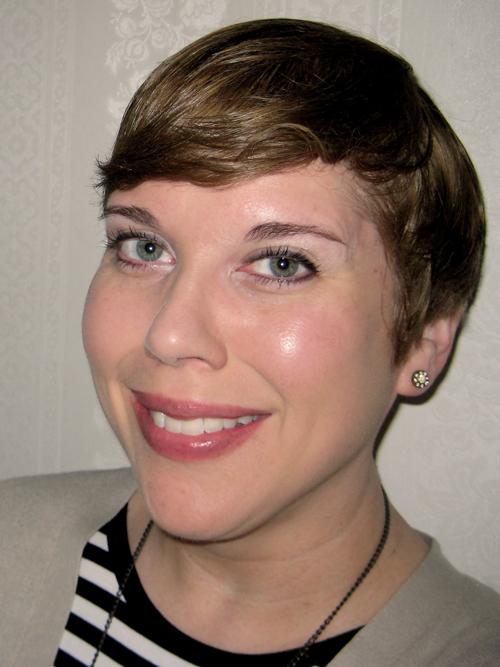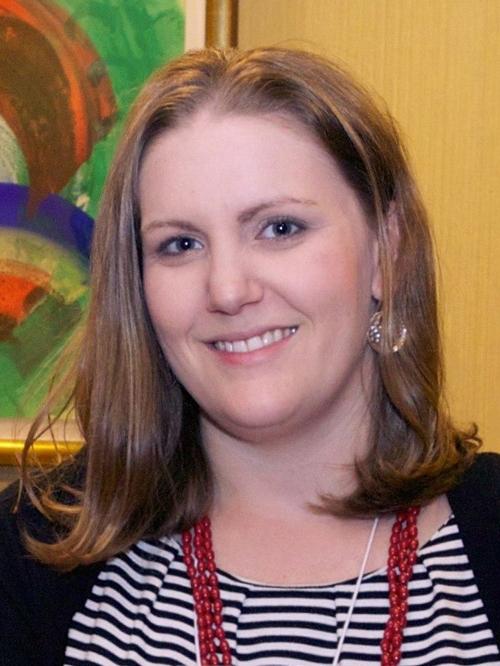Libraries Transforming Communities: Introduction to Dialogue & Deliberation (1 of 3)
Public libraries are uniquely positioned to be leaders and change agents in their communities, but with so many community engagement models available, where should you begin?
Join the National Coalition for Dialogue & Deliberation (NCDD) for an overview of the range of models in dialogue and deliberation available to public libraries that serve large or urban communities.

In this session, librarians who have used dialogue and deliberation models will discuss how the process worked in their community. Presenters will discuss the NCDD network and NCDD's resources available to libraries.
Using NCDD’s Engagement Streams Framework, library professionals will learn to navigate the array of dialogue and deliberation approaches and make design choices that best fit their circumstance and resources.
This will be an interactive session, and participants will have opportunities to ask questions and engage with presenters. Participants will:
- Gain an understanding of the range of dialogue and deliberation approaches and the types of engagement they address.
- Learn about actual applications of these approaches in libraries.
- Learn and ask questions about the approaches that will best meet their circumstances, engagement goals and resources.
- Learn about resources available to libraries and how to access them.
- Be introduced to the two approaches featured in this webinar series for large public library systems: World Cafe and Everyday Democracy.
This free webinar series is offered as part of Libraries Transforming Communities (LTC): Models for Change, an initiative of the American Library Association (ALA) and NCDD that seeks to strengthen libraries' roles as core community leaders and agents of change. LTC: Models for Change is made possible in part by the Institute of Museum and Library Services (IMLS).
Download the list of resources shared in the webinar.
PLEASE NOTE: This is the first in a three-part webinar series designed for public libraries that serve large or urban communities. Later series will be offered for academic libraries (fall 2017) and small, mid-sized and rural libraries (winter/spring 2018). Not sure which series is right for you? Email us.

Sandy Heierbacher is the founding director of NCDD, a national nonprofit network representing more than 2,300 organizations and individuals (facilitators, consultants, nonprofit leaders, public administrators, university professors, students, etc.) who bring people together across political and ethnic divides to discuss contentious issues and move to agreement and action when possible. Since 2002, NCDD has served as a hub, a resource clearinghouse, a convener and a facilitative leader for this growing community of practice. Heierbacher has a M.A. in Intercultural and International Management from SIT Graduate Institute and a B.A. in Cultural Anthropology from Kutztown University of Pennsylvania. In addition to running NCDD, Heierbacher is as a research deputy with the Kettering Foundation. She also serves on the Advisory Board of the Participatory Budgeting Project and the Board of the National Issues Forums Institute, and has consulted for such organizations as the Corporation for National Service and the Centers for Disease Control and Prevention. Heierbacher moved to the Boston area from Pennsylvania in June 2015.

Courtney Breese is managing director for NCDD. Breese manages NCDD's day-to-day operations, and directs their ongoing programming, projects and contracts. She has been involved with NCDD since 2009, serving as conference manager for the 2012, 2014 and 2016 national conferences. Breese was also previously a member of NCDD's Board of Directors. She is a trainer, mediator and facilitator with extensive experience in the National Issues Forums framework. She has also worked for the Massachusetts Office of Public Collaboration, managing the state agricultural mediation program and working on public engagement and training projects.
